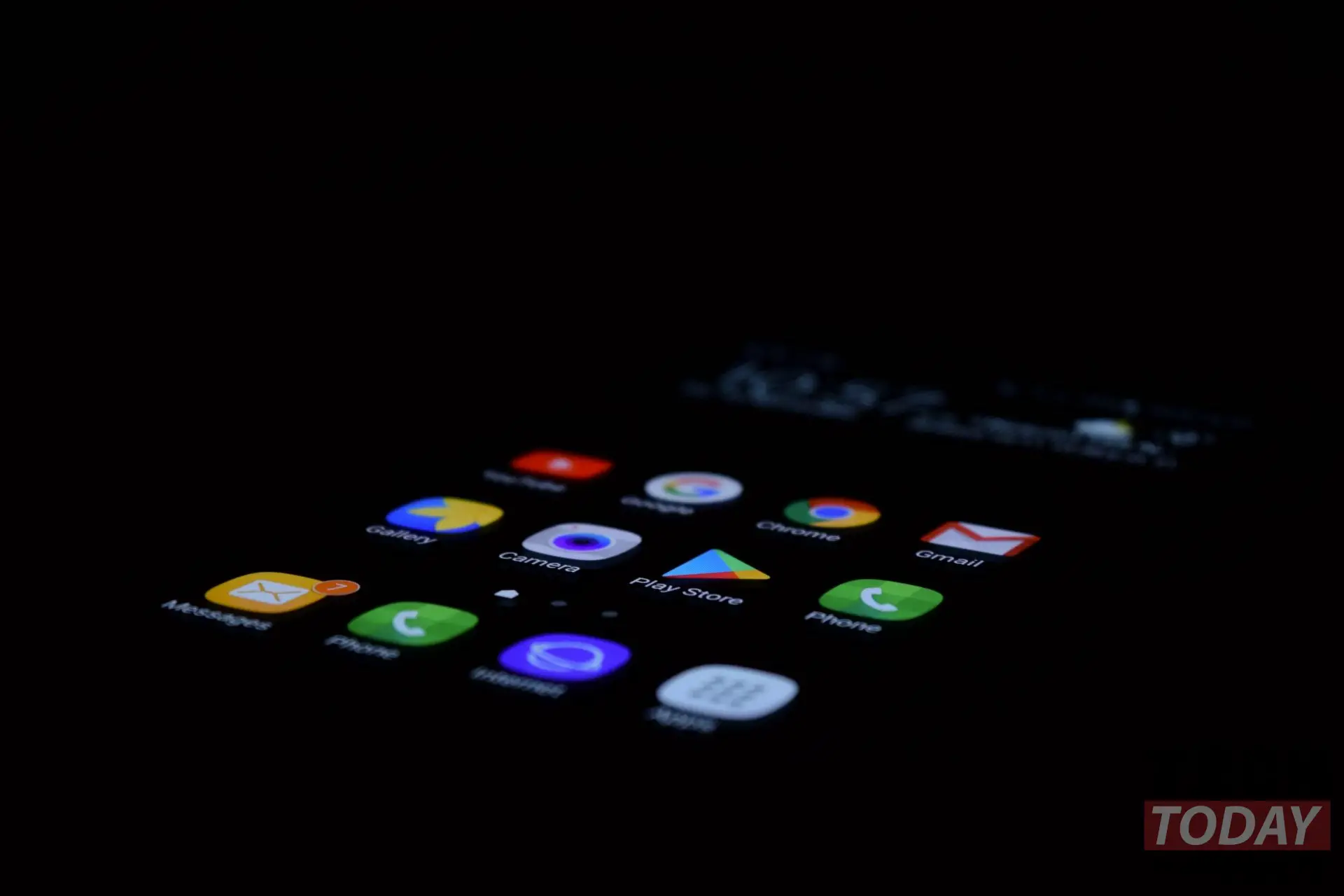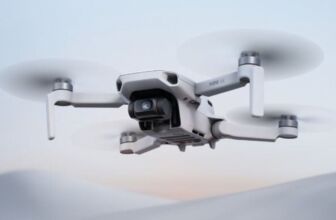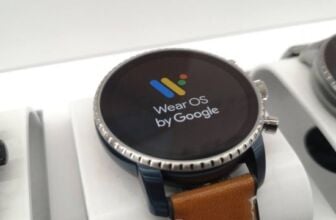
Smartphones Android as we know they are programmed on an open source system. As such we might think that developers are interested (more or less) in doing send as little data as possible to third parties. Instead, according to new research carried out by Trinity College of Dublin, headed by the researcher Douglas Leith, proved (as if it were needed) that i data sent from a device with OS by Google are many, many more than those sent by the closed system par excellence, namely iOS. Let's see the details.
Even if the user forbids the collection of data, Android sends 20 times more data than iOS: but when does this happen? And is it controllable?
The aforementioned researcher has published a study in which he states that even if the user prohibits telemetry (passing on information and subsequent transcription), it is still carried out and collected data is sent to Google and Apple servers. But Leith doesn't care so much about this, rather about how much data is collected and sent: he claims that when it's turned on, the Android smartphone on average sends 1 MB data to Google (containing various types of information). iPhone instead just send only 42 KB.
But that's not all: in mode standby, an Android smartphone sends to Google 1MB of data collected in 12 hours. While theiPhone only sends 52 KB to Apple servers over the same period of time. It turns out that the green robot's operating system, only in the United States, collects and sends data to Google equal to 1.3 TB in 12 hours, while iOS only 5.8 GB. It must be said that data is also sent when doing simple operations such as viewing settings or inserting a SIM card.
The response of the companies Google and Apple
Ma what the two companies say, Apple and Google? They have already commented on the results of the Douglas Leith study and, as expected, their point of view differs from that of the researcher. Regarding Apple Lossless Audio CODEC (ALAC),, a spokesperson said that the company's policy is one of total "transparency and control of personal information "And which also provides"safeguards that prevent the company from tracing the location of users". A half answer actually, which tells us nothing about the actual data.
Google instead it responds in a more concrete way by saying in a smartphone the data collected by Google are necessary so that the company can see (figuratively) that the device software has been updated to the latest versions. As a result, he can make sure that the services are working properly and the smartphone itself is safe. Apart from this Google disagrees with the volumes of data collected by the researcher of Dublin.
Read also: A fake Android update hides viruses: how to recognize it
It's all true what Google says about collecting data on Android devices, but it's also true that users are not sure that the data sent is actually useful for those purposes. Clearly here the user is divided: on the one hand there are the so-called "conspiracy theorists“, Who think we are tracked regardless; on the other we have the most "condescending”Who say“ But yes, in the end what does it matter? ”, Not considering privacy for what it is today: a commodity for sale.
Through | Ars Technica








